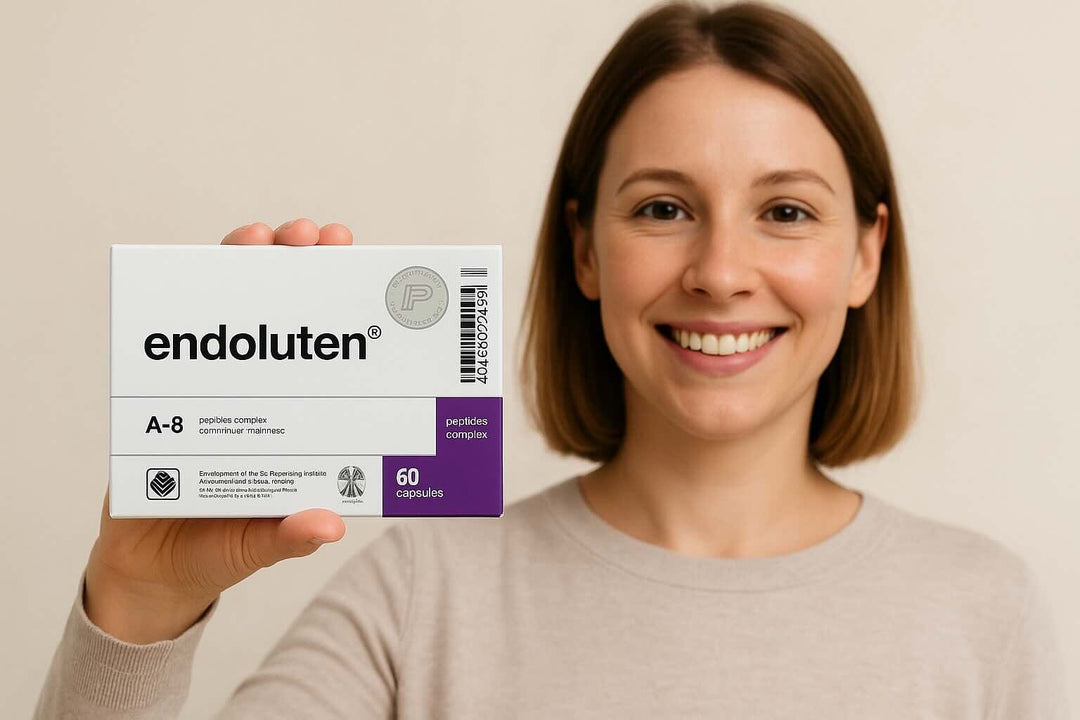Mental health includes emotional, psychological, and social well-being. It affects how we think, feel, and act. It also helps determine how we handle stress, relate to others, and make choices. Mental health is important at every stage of life, from childhood and adolescence through adulthood.
Over the course of your life, if you experience mental health problems, your thinking, mood, and behavior could be affected. Many factors contribute to mental health problems, including:
Biological factors, such as genes or brain chemistry
Life experiences, such as trauma or abuse
Family history of mental health problems
Mental health problems are common but help is available. People with mental health problems can get better and many recover completely.
Early Warning Signs
Not sure if you or someone you know is living with mental health problems? Experiencing one or more of the following feelings or behaviors can be an early warning sign of a problem:
Eating or sleeping too much or too little
Pulling away from people and usual activities
Having low or no energy
Feeling numb or like nothing matters
Having unexplained aches and pains
Feeling helpless or hopeless
Smoking, drinking or using drugs more than usual
Feeling unusually confused, forgetful, on edge, angry, upset, worried, or scared
Yelling or fighting with family and friends
Experiencing severe mood swings that cause problems in relationships
Having persistent thoughts and memories you can't get out of your head
Hearing voices or believing things that are not true
Thinking of harming yourself or others
Inability to perform daily tasks like taking care of your kids or getting to work or school
Learn more about specific mental health problems and where to find help.
Mental Health and Wellness
Positive mental health allows people to:
Realize their full potential
Cope with the stresses of life
Work productively
Make meaningful contributions to their communities
Ways to maintain positive mental health include:
Getting professional help if you need it
Connecting with others
Staying positive
Getting physically active
Helping others
Getting enough sleep
Developing coping skills
6 Ways to Recover Your Mental Health
1) Remind yourself that you are not alone
At some point in their lives, fully 20% of Americans report that they have symptoms of mental illness. That’s one-in-five people! Sometimes life hands out more stress than a person can bear. Sometimes a person’s coping skills aren’t up to the task of coping. And sometimes mental health issues seem to descend out of the blue. Whatever the case, mental illness is not something to be ashamed of. Yes, there may be some people in your life who won’t understand or who will blame you, or who will say things that are insensitive or unhelpful. But most people will only want to help.
2) Pay attention to your body as well as your mind
What looks like mental illness isn’t always in a person’s head. If you are feeling uncomfortable in your own skin; if you are feeling emotionally fragile; if you are experiencing or re-experiencing symptoms of what you know to be mental illness – see your medical doctor first. Thyroid disorders, heart problems, even vitamin deficiencies can create symptoms that resemble mental illness. Make sure you are physically healthy before you decide you have a psychological problem. If you find out you are medically fine but you still feel distressed, then it’s time to talk to a mental health professional.
3) Take care of your body — even when (especially when) you don’t feel like it
Some people say they will take care of themselves once they feel better. It really doesn’t work that way. You will begin to feel better if you pay attention to self-care. Your mind needs a healthy body if you are to recover. Eat regular healthy meals. Limit caffeine and sugar. If you don’t feel like cooking, order take-out or stock up on frozen dinners that just require a zap in the microwave. Get enough sleep (which often means staying off screens after dinner time). Go for walks or exercise in another way that appeals to you. Take a shower and get dressed in clean clothes every day even if it feels like a lot of useless effort. If you treat yourself as if you are someone worth treating well, you will start to believe it.
4) If your doctor prescribes medication, take it as prescribed
Make sure you understand what the doctor thinks your medicine will do for you as well as the possible side-effects.
Don’t improvise. Take only the medicine you have been given, at the right dosage, at the prescribed times. Pay attention to whether you should take your medicine on an empty stomach or with food. Ask your doctor if there are foods or over-the-counter medications or supplements you should avoid. And, by all means, stay away from alcohol and recreational drugs!
If your medicine makes you uncomfortable in any way, talk to your doctor about it. Don’t just quit. Many psychiatric drugs need to be curtailed gradually, not abruptly, if you are to stay safe. Your doctor may recommend a change in dosage or a change in medication.
5) Go to therapy
The treatment of choice for most disorders is a combination of medication (at least for a while) and talk therapy. A therapist will provide you support and encouragement. Regular participation in your therapy will help you figure out how to better help yourself — but only if you take it seriously. A therapist is not a mindreader. A therapist only has what you tell him or her to work with. For therapy to be effective, you need to dig in and share your thoughts and feelings and to be willing to think carefully about ideas and suggestions your therapist makes.
If you don’t think the therapy is helping you or you don’t like your therapist’s approach, don’t just quit. Talk about it. These are the discussions that often lead to the most important new information about what is happening or how best to help.
6) Reach out to others
Isolating (not talking to or spending time with others) may be tempting but it won’t help you. People do need people. Call a supportive friend or family member just to talk now and then. Join an online forum or support group. If you can’t find someone to talk to when you need to, call a warm-line or hotline. Once you are feeling even a little up to it, get involved in a charity or cause. Doing things with others for others is the best way to build your own self-esteem.
Recovery from a mental illness sometimes does happen like magic, with symptoms disappearing as mysteriously as they arrived. But that’s really, really rare. Most of the time, recovery takes active treatment. But your professional helpers can only do so much. They need you to be an interested and active member of the team. By committing yourself to self-help as well as other help, you can regain your stability — and your happiness — much more quickly.





